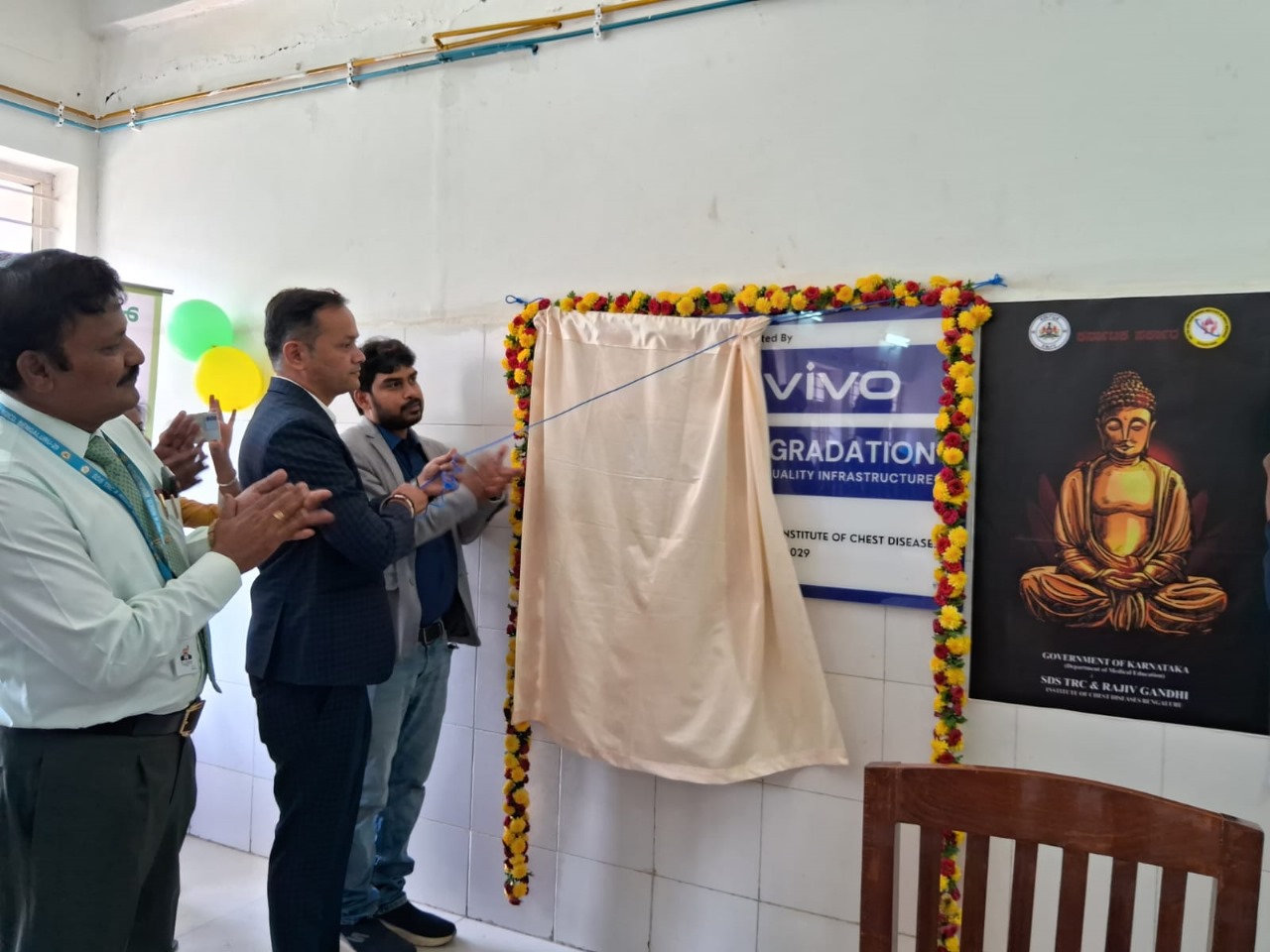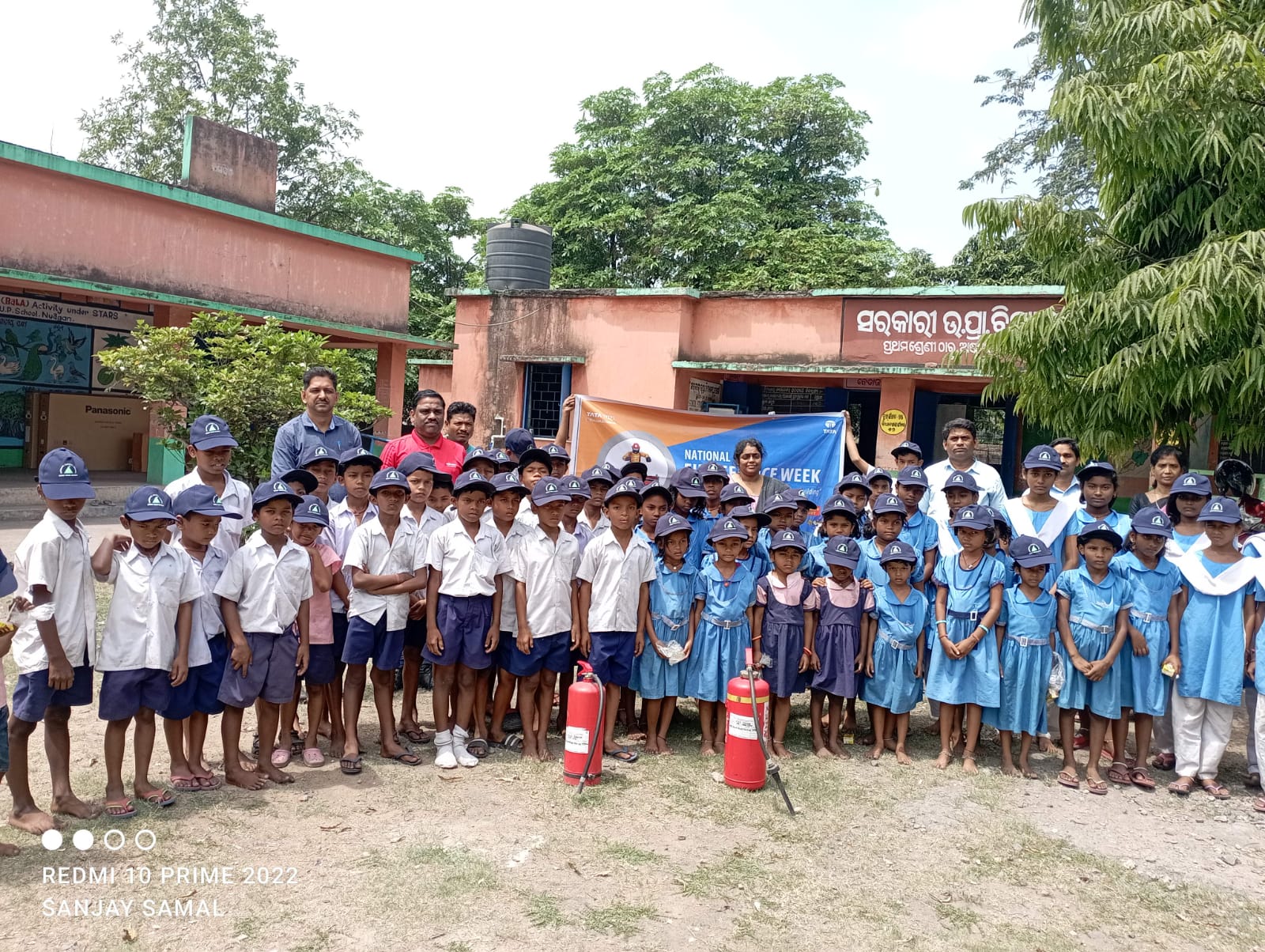Subscribe our Weekly Newsletter
RFP to Evaluate impact of model adopted for drought resilience & drinking water security in tribal communities

Organization: BAIF Development Research Foundation
Apply By: 10 Dec 2021
RFP - Evaluate impact of model adopted for drought resilience & drinking water security in tribal communities through a comprehensive geo-hydrological approach in 6 villages of Surgana block in Nashik
Project Background:
BAIF and Hindustan Unilever Foundation to address the issue of severe drinking water scarcity faced by the village women for 6 hilly villages of Surgana block in Nashik. Considering the geo-hydrological and positioning of the villages, the interventions to increase the recharge potential of the existing water sources, repair and rejuvenation of water harvesting systems, controlling sub-surface flows through dikes, drinking water scheme and rainwater harvesting at individual and community level have been undertaken in the project villages.
Project Area:
The project aims to establish a robust hydrogeological based model for addressing the water needs of communities in drought prone area. The aim is to establish a replicable protocol that can be adopted in the region across India given the increasing incidence of the drought distress. The project area is situated between Latitude 20°29'02.16"N and 20°28'5.92"N Longitude 73°31'36.73"E and 73°35'03.93"E across six villages Devala, Galwad, Kahandolsa, Mahismal, Palshet and Shirishpada.
The normal annual rainfall of Surgana tehsil is 1999.2 mm. In past ten years nine times the rainfall is below normal. Only in 2019 the rainfall of 2191mm was above the normal. The year 2015 has witness lowest rainfall of 652 mm, 67% less than the normal rainfall of Surgana.
The geo-hydrological formation of the region has a peculiar characteristic wherein the topsoil layer depth ranges from 1m to 10m followed by hard rock basaltic formation. Once the hard rock layer starts water percolates into the factures and flows out of the catchment. These villages are located on the ridge area at the altitude ranging from 680 m to 720m above the mean sea level. Villages in the area have made attempts to drill bore wells at depth of 70m, 100m and 125m, but all the efforts have failed and these bore wells are non-functional.
The project implementation started late May’2019, the lockdown and the restrictions delayed the implementation of the project. Now, entire planned work is completed, and community governance and asset transfer are in progress, the implementation agency like to undertake a third-party evaluation of project impact on drinking water and community lives.
Purpose of Impact Evaluation:
The purpose of the impact evaluation is to evaluate if the project approach and the interventions taken up has potential to address the drinking water scarcity of rural communities in 6 project villages of Surgana block and to what extent and the alternate approach to address the problem.
Scope of Work
The project scope is divided into two parts. First evaluating if the interventions done are appropriate in the given context. Second, evaluation of water scarcity of the project village w.r.t. the baseline situation.
Scope for Mid Term Evaluation:
- Evaluating technically appropriateness of the model in the given hydrogeological context.
- Cost benefits/economics (both in Social and Technical terms) model
- Feasibility and scalability in of model similar geohydrological context.
Scope for End Term Evaluation:
Impact on water scarcity during the April to June month based on the storage potential created and modelling.
Methodology:
The method of evaluation involves, field visits to the project villages, physical verification of the infrastructure work and cross checking with the designs available with the team, interaction with the women group and panchayati raj representative and measurement of impact. The method will involve mapping all the structures and their geo-hydrological studies and contribution to reduce drinking distress during peak summer months. Further there is the scope of using Remote sensing data as well.
Application deadline
All proposals need to be submitted to us at BAIF Development Research Foundation, BAIF Bhavan, Dr. Manibhai Desai Nagar, Warje, Pune 411058, India on or before 10th December ’2021
For any queries, contact:
To download the full ToR, click here
Latest Online Store
Latest Grants
Latest News
© Renalysis Consultants Pvt Ltd


























